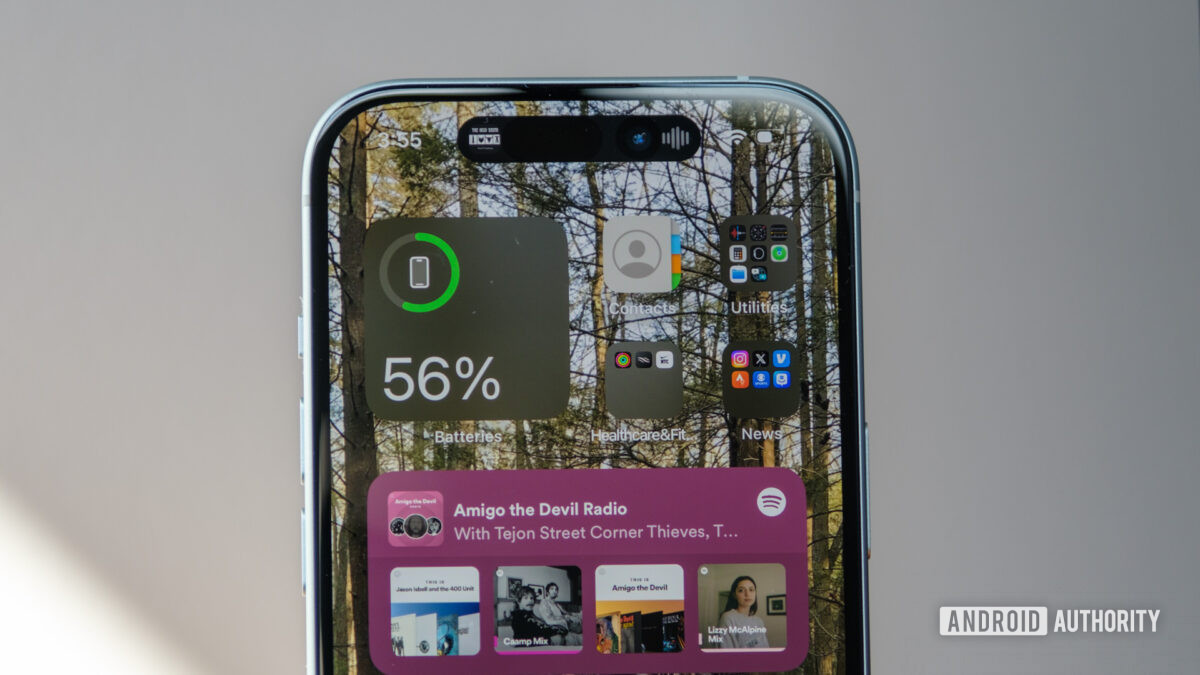
- iOS 14 introduced a “private Wi-Fi address” feature that claimed to hide your MAC address and share a different identifier when you connect to Wi-Fi.
- However, security researchers discovered that the feature still shared your MAC address in a different field.
- Apple has fixed this issue with iOS 17.1 by removing the vulnerable code.
iPhones are generally regarded as one of the most secure smartphones available for purchase to the public at large. Apple has built a lot of iOS features over the years that have helped it earn this reputation. However, everything doesn’t always work exactly as advertised. The latest iOS 17.1 update brings fixes for iOS’s “private Wi-Fi address” feature, which unintentionally broadcasted the real MAC address of your iPhone in some instances.
According to a report from ArsTechnica, iOS 17.1 includes a fix for a vulnerability that prevented the “private Wi-Fi” address feature from working. The feature was introduced in iOS 14, and security researchers interviewed by the website mention that the vulnerability rendered the feature useless.